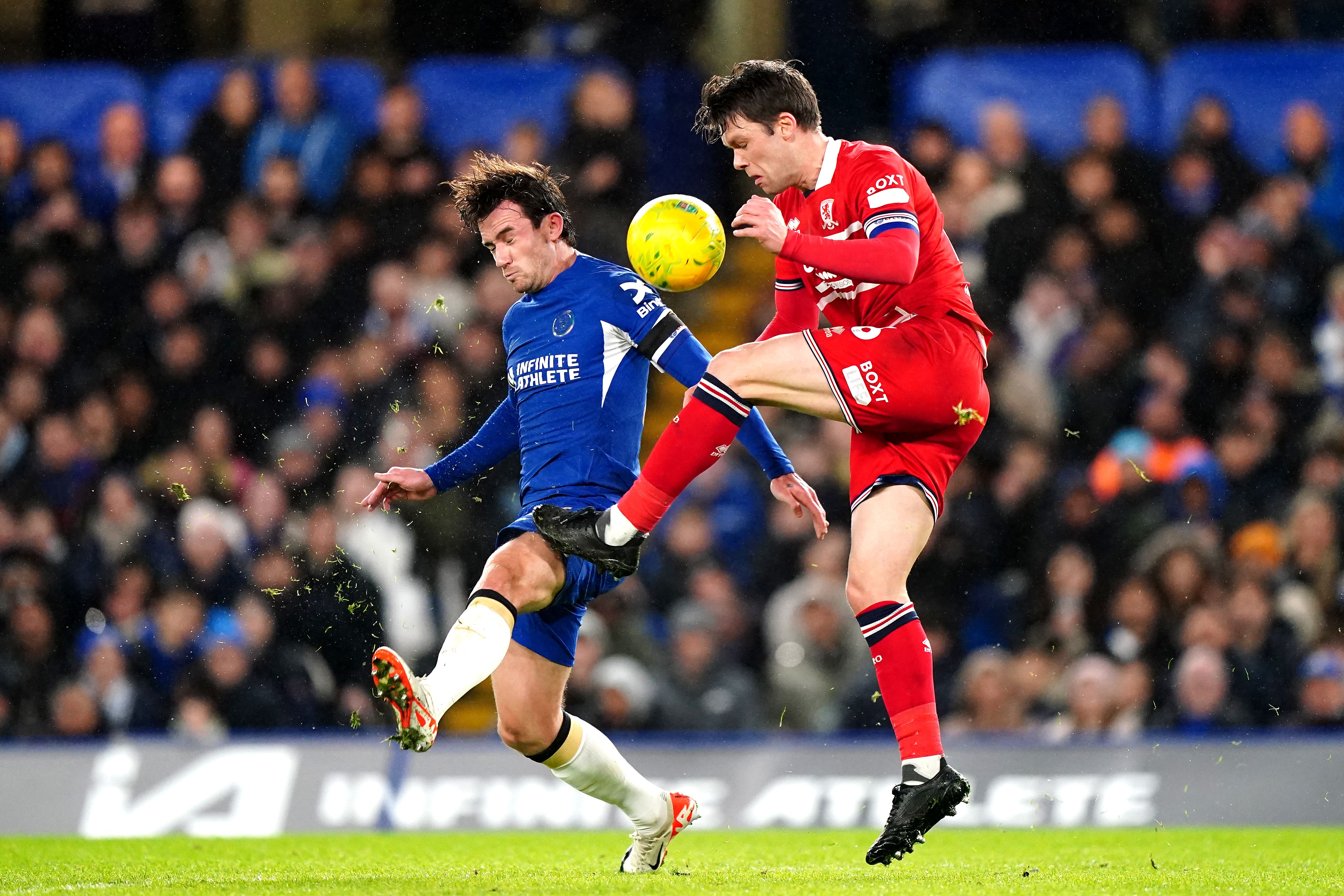EFL plans to stick with two-leg format for Carabao Cup semi-finals next season
No offer of extra funding has yet been put to the EFL by the Premier League.

Your support helps us to tell the story
From reproductive rights to climate change to Big Tech, The Independent is on the ground when the story is developing. Whether it's investigating the financials of Elon Musk's pro-Trump PAC or producing our latest documentary, 'The A Word', which shines a light on the American women fighting for reproductive rights, we know how important it is to parse out the facts from the messaging.
At such a critical moment in US history, we need reporters on the ground. Your donation allows us to keep sending journalists to speak to both sides of the story.
The Independent is trusted by Americans across the entire political spectrum. And unlike many other quality news outlets, we choose not to lock Americans out of our reporting and analysis with paywalls. We believe quality journalism should be available to everyone, paid for by those who can afford it.
Your support makes all the difference.The EFL plans to stick with the two-leg format for the Carabao Cup semi-finals next season with no new funding agreement in place with the Premier League.
The PA news agency understands consideration is being given to reducing the semi-finals to a single leg as part of a ‘New Deal’ with the Premier League which includes extra funding for the EFL.
Calendar considerations are a part of the ‘New Deal’ talks as the Premier League seeks to manage the threat of congestion being caused by the expansion of UEFA’s club competitions next season.
However, no offer on funding has been put to the EFL by the Premier League to date, with top-flight clubs unable to agree on the amount of extra funding or where that funding should come from.
“As it stands there is no agreement in place to make any changes to the Carabao Cup’s two-legged semi-final format, which continues to provide significant financial benefit to EFL clubs,” the league’s chief executive Trevor Birch said.
“The league remains committed to a review of the calendar, but any significant changes cannot be made unilaterally and would need to come with significant levels of compensation and adopted as part of any new distribution deal with the Premier League and its clubs.”
This season’s Carabao Cup has reached the semi-final stage, with Chelsea booking their place in the final with a 6-1 second-leg win over Middlesbrough on Tuesday night. Fulham and Liverpool play the second leg of the other semi-final on Wednesday night, with the Reds 2-1 up after the first meeting.
EFL chairman Rick Parry told MPs on the Culture, Media and Sport select committee last week that his organisation would not make changes to the calendar, or have changes imposed upon it, without a new deal on funding.
“As part of a new deal, we’re prepared to take on board considerable loss of revenue from the loss of FA Cup replays (and) the second legs of the Carabao. We’re absolutely not prepared to concede those on the basis there is no deal,” he said.
The FA has yet to confirm its plans for next season’s FA Cup, and whether replays at the third and fourth-round stage will feature.
Parry told MPs that a deal which would give the EFL 14.75 per cent of net media revenues with the Premier League – excluding parachute payments – had been discussed. However, there has been no formal offer and Premier League clubs are not due to convene to discuss the deal again until February 8 and 9.
At the same evidence session, Premier League chief executive Richard Masters said that under the terms of the Working Practices Agreement between the Premier League, the EFL and the Football Association, no party could impose a calendar solution on the others.
Calendar congestion is expected to be particularly pronounced next season.
Clubs who qualify for the Champions League are set to play at least two extra matches in the new 36-team league phase, with a further two if they are required to play off for a place in the last 16. Chelsea and Manchester City are then also set to compete in the inaugural 32-team FIFA Club World Cup at the end of next season.
Maheta Molango, the chief executive of the Professional Footballers’ Association, told Sky News last month that “people are ready to take legal action” over the calendar changes being imposed, with FIFA’s moves having caused particular upset amongst unions and domestic leagues in Europe.